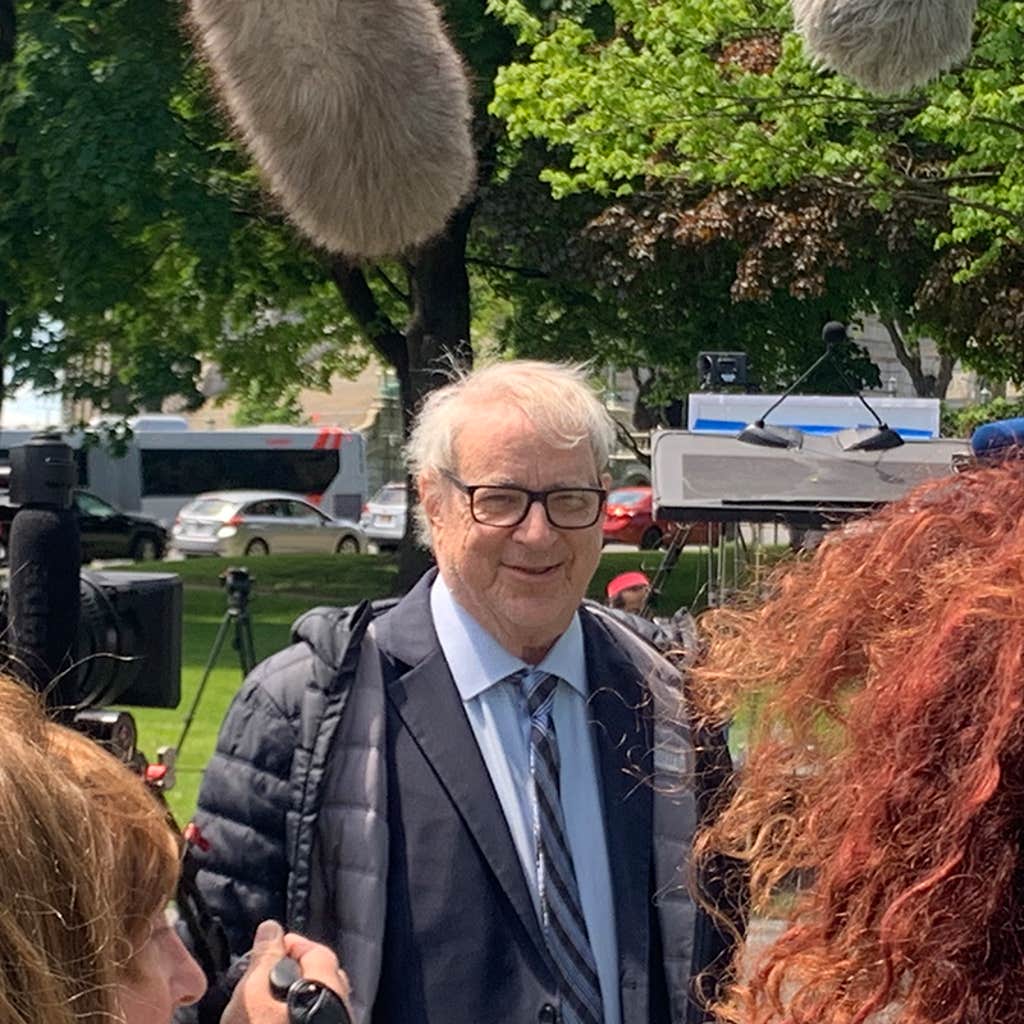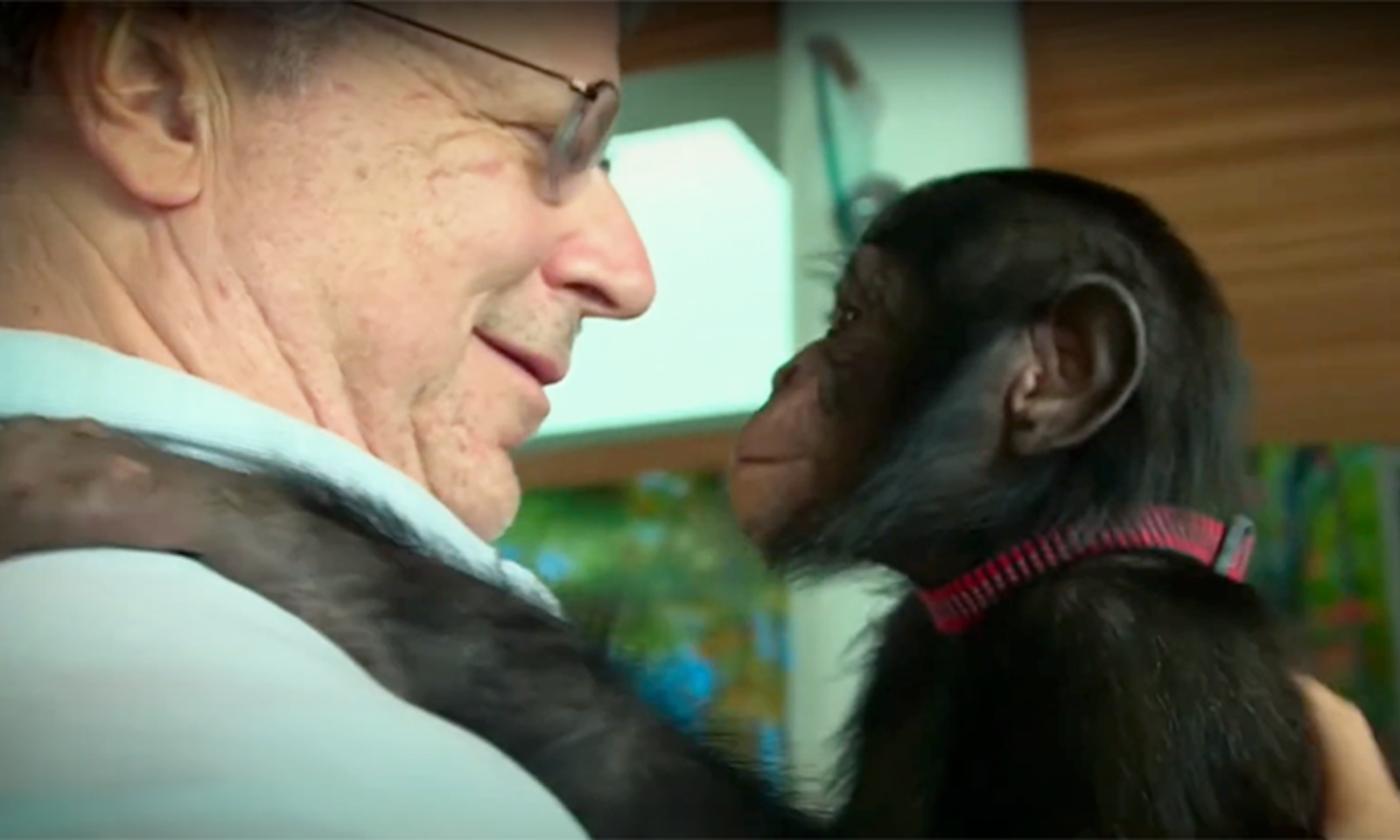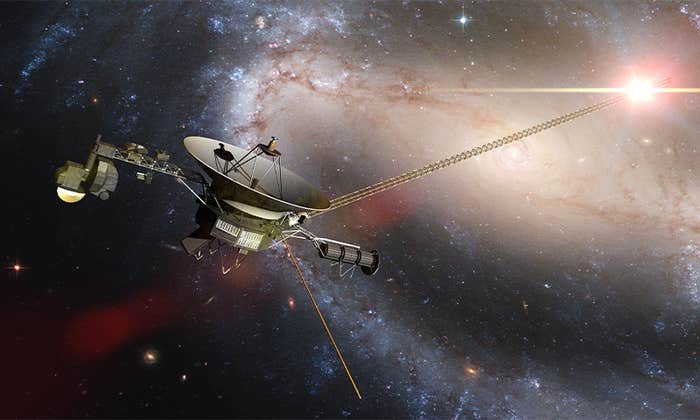What is a person?
Is it determined by what someone is able to think, feel, and do? Or by something else, such as the category into which they were born?
This is a profound question, central to how we see ourselves and the rest of the living world. Steven Wise, who passed away last week at the age of 73 from brain cancer, devoted his life to it.
I met Steve 12 years ago after attending a discussion about how whales and dolphins are so intelligent that they deserve to have legal rights. One of the presenters was Lori Marino, a neuroscientist who helped show that dolphins recognize themselves in mirrors—a feat considered evidence of human-style self-awareness—and she mentioned her work with a group called the Nonhuman Rights Project. Wise was its founder. I called him up.
Wise didn’t want to scold anyone. He wanted to have conversations. He believed in our better angels.
So began the first of many fortunate conversations I had with that extraordinary man. He invited me to listen in as the NhRP brainstormed their argument for how an animal could become a legal person: that is, an entity capable of possessing rights. (Animal welfare laws, Wise explained, don’t actually give rights to animals, just as laws against stealing cars don’t grant rights to cars. They are fundamentally laws about the disposition of property.)
I would end up writing a feature for Wired about the first lawsuits they filed, seeking transfer to sanctuary for four captive chimpanzees, and devoting one chapter of my upcoming book to NhRP’s subsequent lawsuit on behalf of Happy, an elephant at the Bronx Zoo. The argument was the same in both cases. Science indisputably shows these species to possess cognitive capacities—self-awareness, planning for the future, complex social relations—that are fundamental to our conception of human autonomy; and if the human right to liberty is rooted in respect for these capacities rather than in some arbitrary physical characteristic, integrity demands that chimpanzees and elephants be granted a legal right to liberty as well.
The Nonhuman Rights Project lost all those cases. “Person” meant “human,” the courts decreed. An animal could not have a right no matter how intelligent they were. The lawsuits received lots of attention: dozens of national news stories, deep dives in The New York Times and The Atlantic and The New Yorker, an award-winning HBO documentary, an appearance by Wise on The Colbert Report. The amount of attention was extraordinary, really, given that animal rights isn’t a high-profile issue and neither chimps nor elephants are much on people’s minds. Even so, Wise’s arguments resonated widely.

They were not only passionate and idealistic but exquisitely intelligent. This could be inferred from the quality of the minds he attracted. Over the years, the Nonhuman Rights Project would find support not only among animal rights luminaries like Jane Goodall but also celebrated legal theorists such as Martha Nussbaum and Laurence Tribe. Even those people who disagreed with Wise’s arguments recognized their heft and brilliance.
That is something I’ll remember about Wise. He was brilliant. His mind was electric, perpetually engaging with ideas and approaching them from new angles and seeing how they fit together. He loved to be challenged: I heard him speak many times, both in court and to the public, and always had the sense that he enjoyed disagreements more than professions of support. Wise also savored the legal battle. However sclerotic courts may be in practice, for him they remained a place where ideals could be championed and society-shaking change could occur when evidence and conscience demanded it.
All these were deeply appealing qualities. Wise followed his values to a place where few people go—but many were still happy to come along for the ride. Intellectual enthusiasm and faith in progress are transcendent principles.
Animal rights activists and vegans are often stereotyped as didactic, hectoring boors. Wise was the opposite of that. It helped that he had an everyman quality: He was amiably gregarious—one of the few people I’ve known whose eyes literally seemed to twinkle—and given to wearing rumpled suits. His gray hair was always tousled; and as befits an eternal optimist, he was an inveterate Boston Red Sox fan. Even more relatable than his persona, though, was his implicit belief that well-argued ideas could sway people. Wise didn’t want to scold anyone. He wanted to have conversations. He believed in our better angels.
The last time I saw Wise was after New York’s Court of Appeals—the highest court in the state—heard the Nonhuman Rights Project’s appeal of a lower court’s decision that Happy the elephant could never be a legal person. They would end up losing, which wasn’t announced on that day, but Wise almost certainly expected it. He knew what a radical thing it would be for a majority of the court’s seven judges to take a step that could lead to similar lawsuits for chickens and cows and pigs.
Nevertheless, Wise was buoyant. It was enough to be heard, to make a case that even in losing would leave its mark on the public consciousness and in the legal record. “When the majority answers, ‘No, animals cannot have rights,’ I worry for that animal,” Justice Rowan Wilson later wrote in his dissent, “but I worry even more greatly about how that answer denies and denigrates the human capacity for understanding, empathy, and compassion.”
At the time Wise’s health was already poor. And I’ll always remember how, at the end of the hearing, as he and the Bronx Zoo’s attorney—a person whom he had fought for years—left the courtroom, his opposite stopped to wish him well. ![]()
Lead image: Still from #FreeHappy PSA, Nonhuman Rights Project.


























